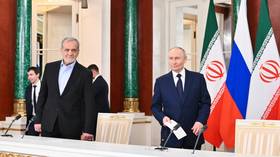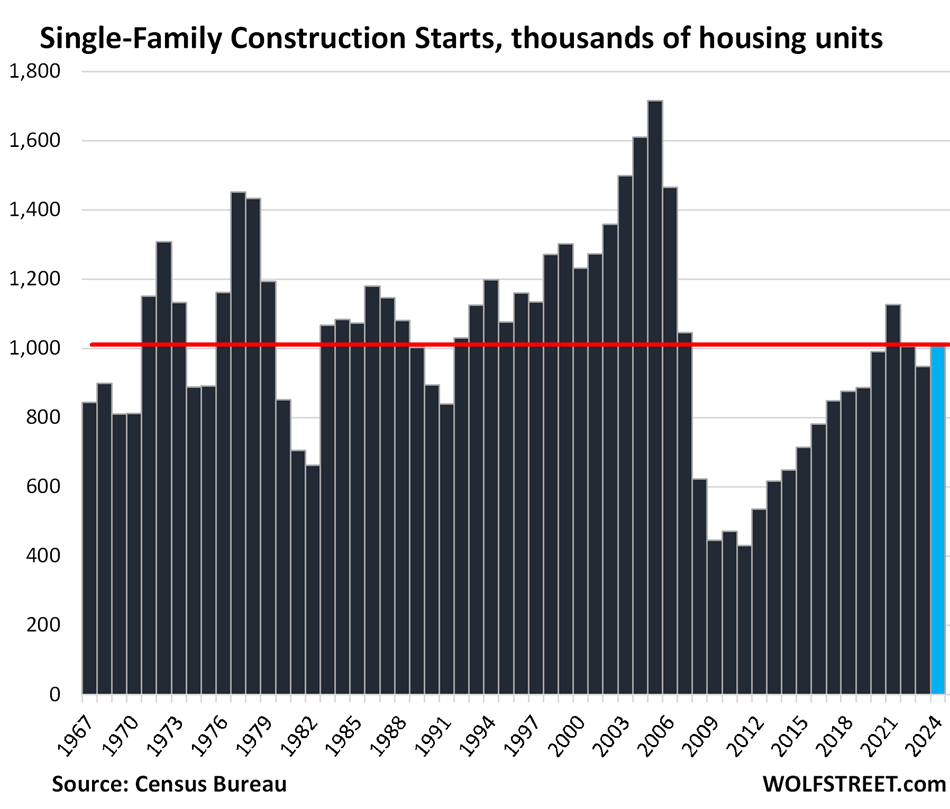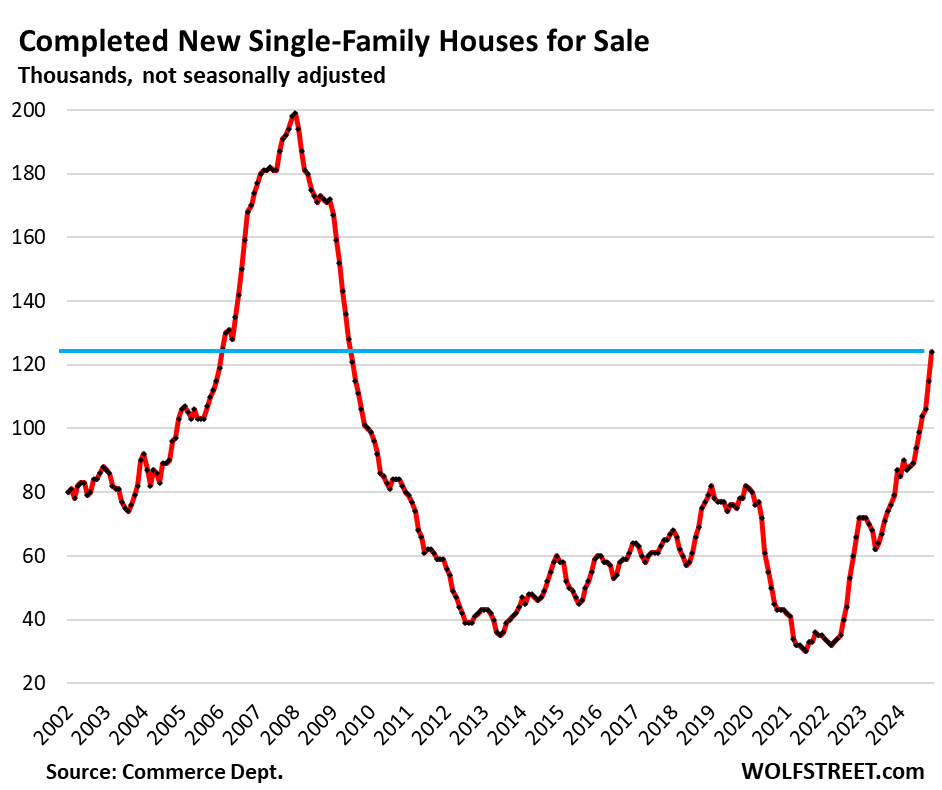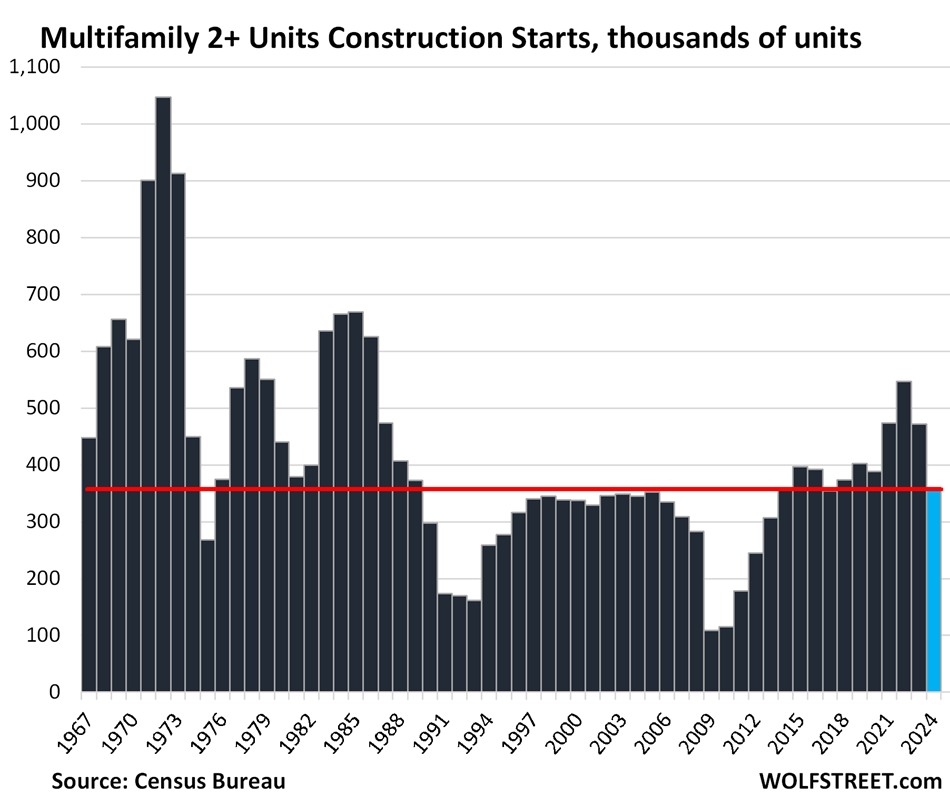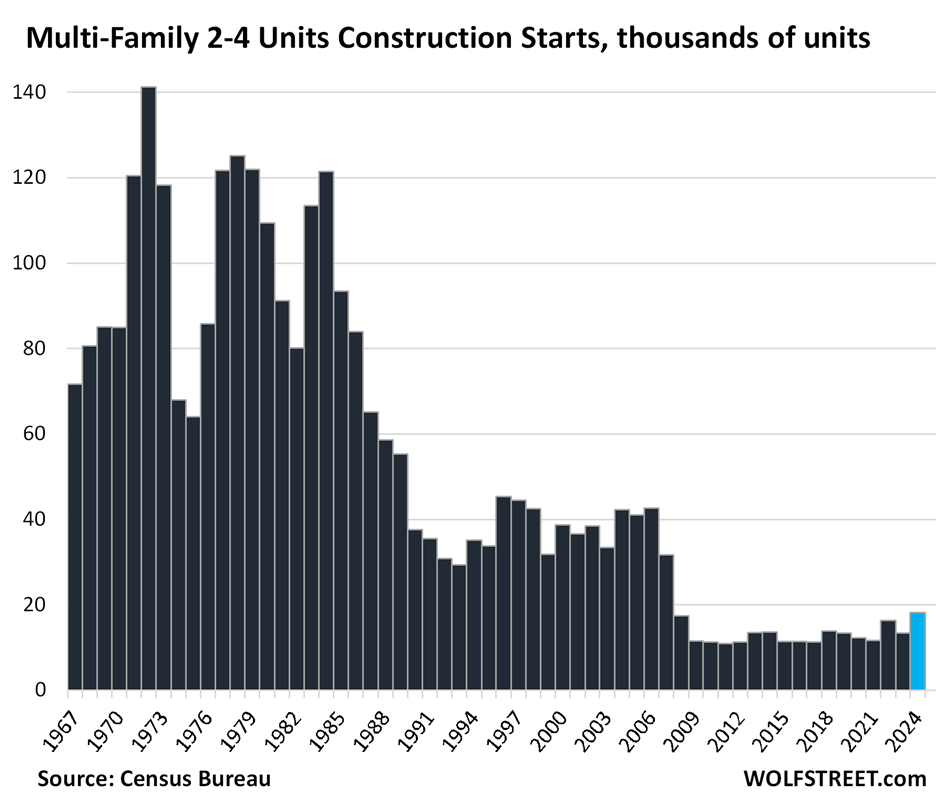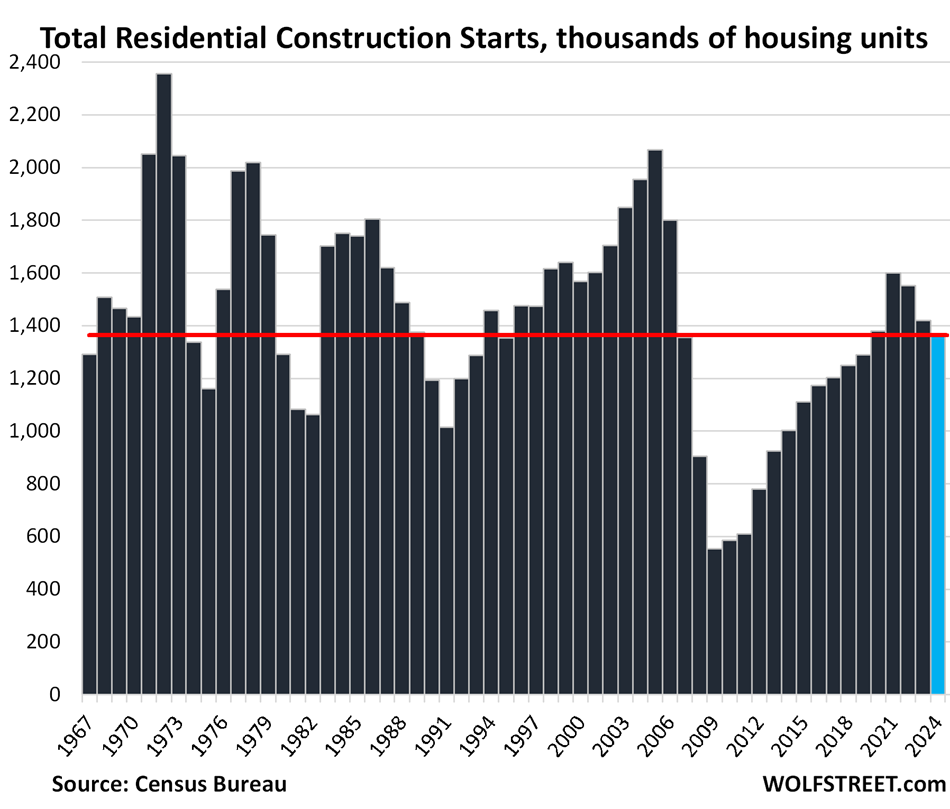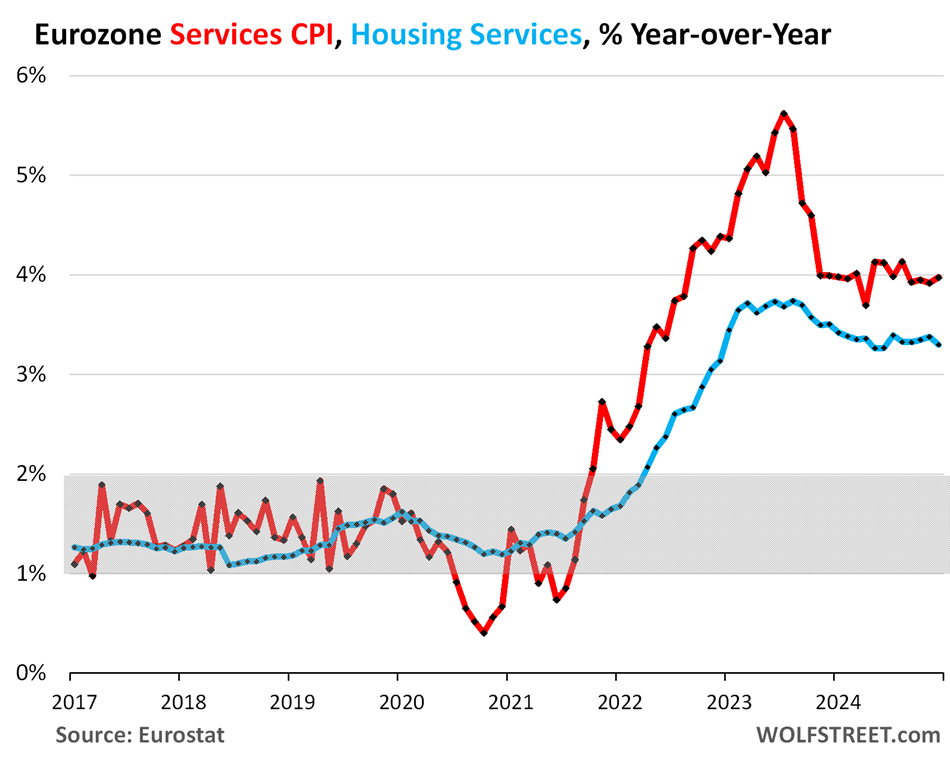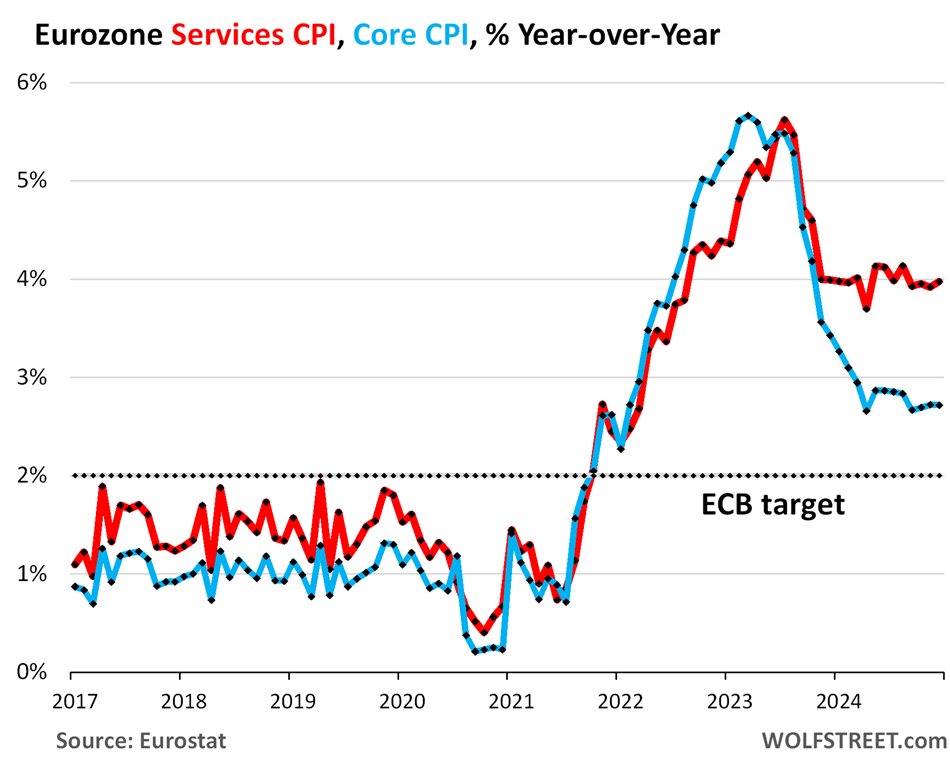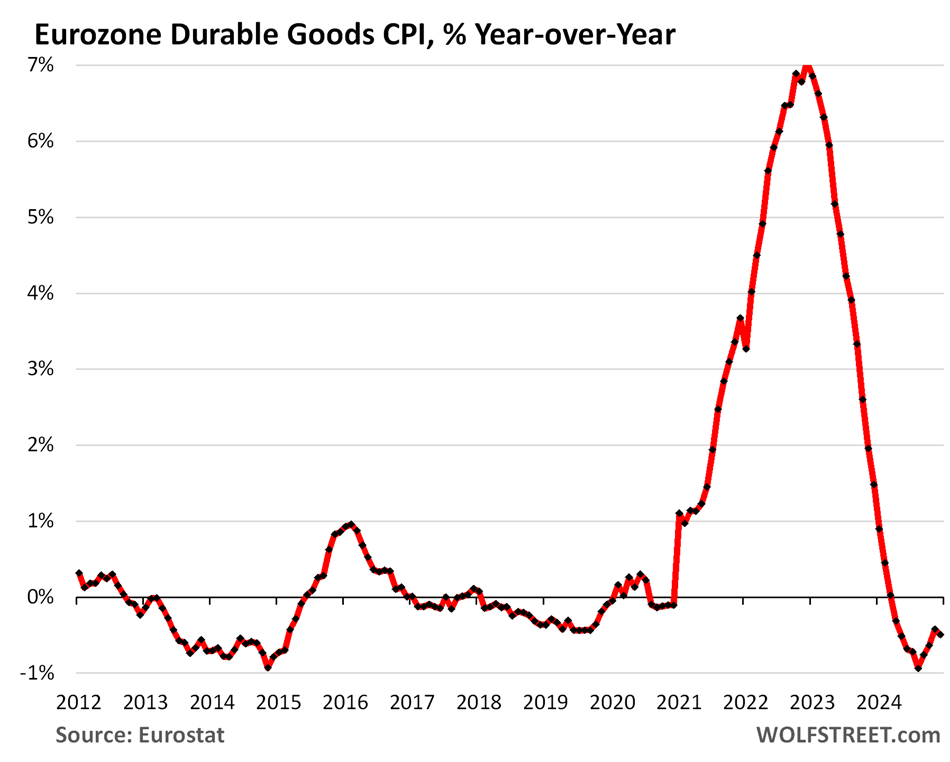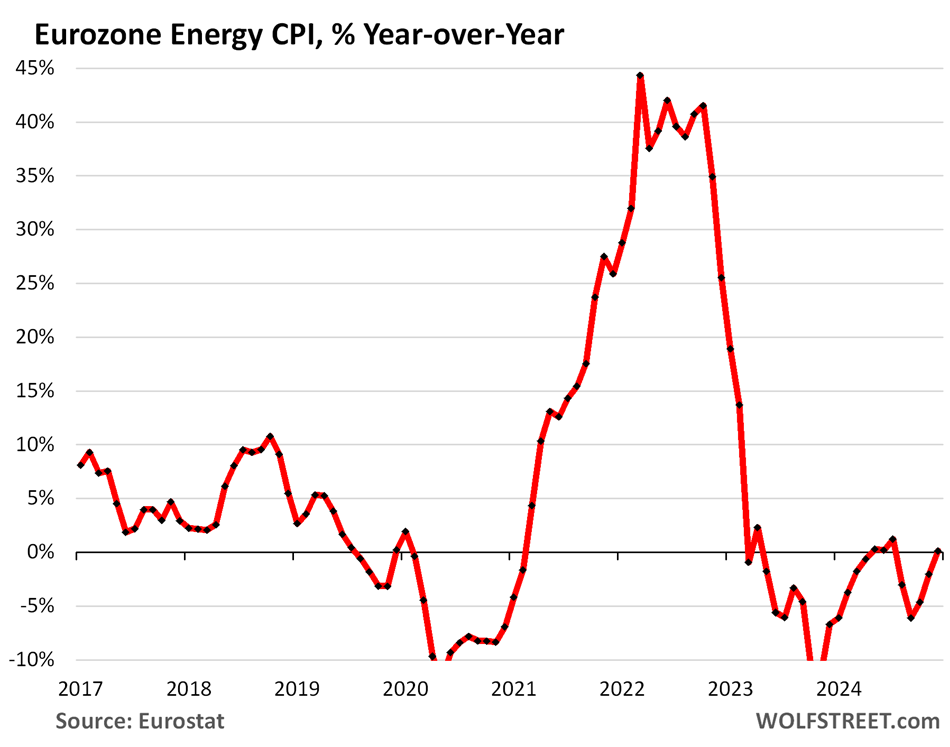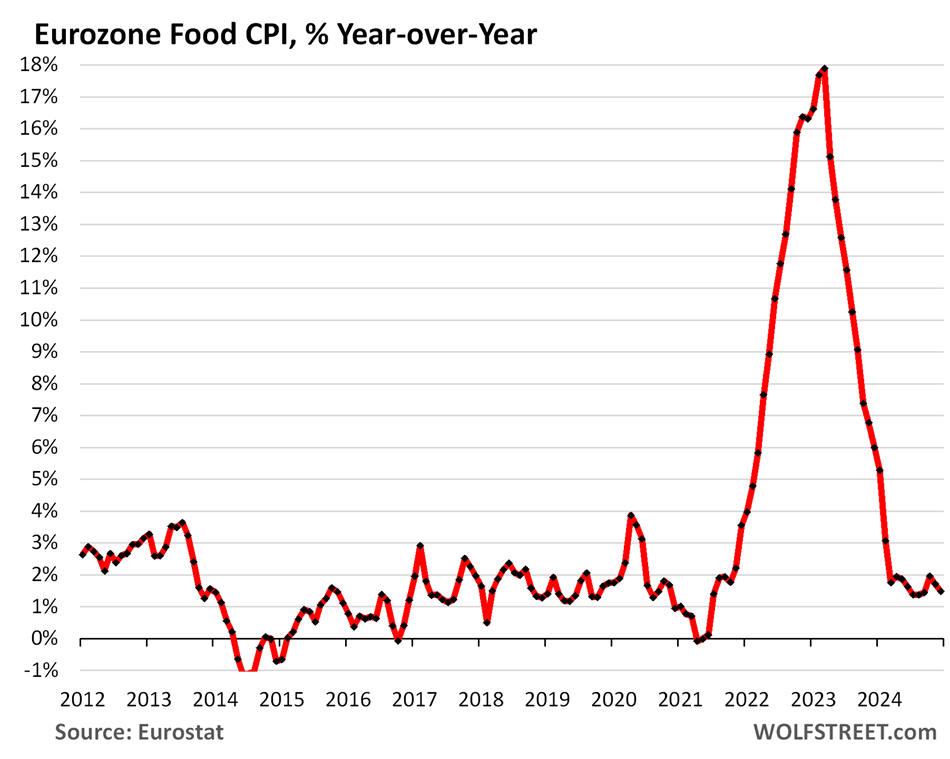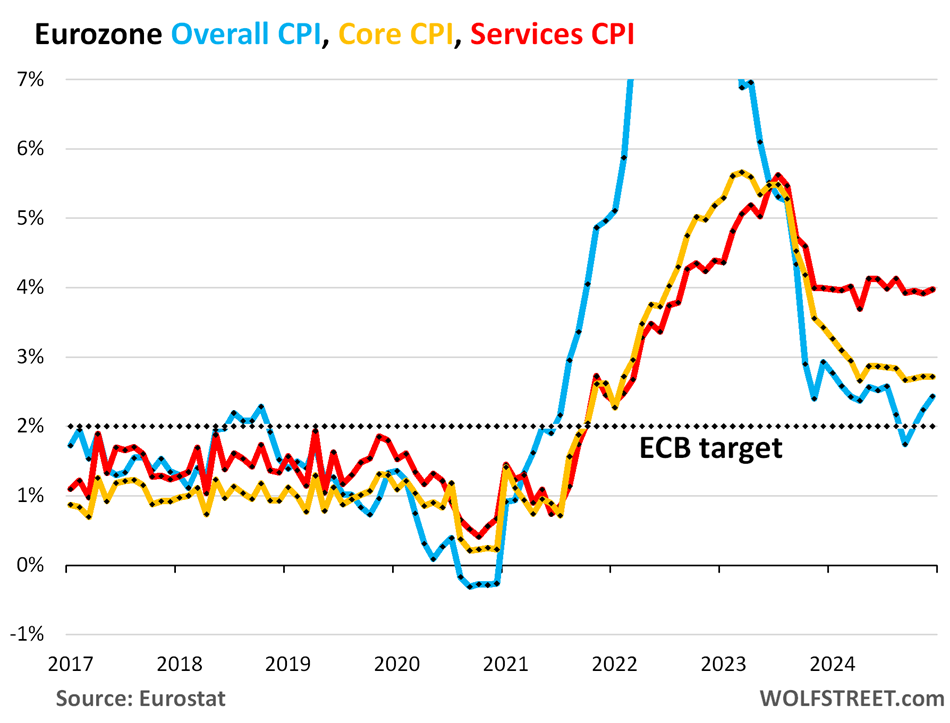Establishment media outlets have often resorted to dumbing down societies by reducing global events to shallow soundbites or clickbait that reinforces convenient stereotypes
The moment has come to question the wisdom of continuing to battle a wounded but still formidable behemoth: Western corporate media. For decades, it has held an almost unassailable grip on the global narrative, buoyed by wealth, political patronage, and an entrenched belief that it alone possesses the authority to define reality. Yet the years of reflexive sensationalism, patent double standards, and top-down editorial dictates have eroded the very legitimacy Western outlets once took for granted. The cracks in their façade are now impossible to ignore, with disillusioned viewers, readers, and even former insiders acknowledging that something profoundly dysfunctional lurks at the heart of so-called “mainstream” news.
Where does this leave those in what we might call the Global South, or the emerging multipolar alliance—countries previously relegated to the margins of a story that was never truly theirs to begin with? Too often, they have had to settle for representation that flattens their complexities and frames their societies either as exotic backdrops or perpetual sources of crisis. They have been told they must prove themselves worthy of Western approval, emulate Western editorial models, or else risk being dismissed as unprofessional or “biased”. But this old thinking—that the path to legitimacy is to follow the leads of media conglomerates in New York or London—can no longer stand in the face of new realities. A fresh era is dawning, and nowhere is that more evident than in the swelling tide of alternative networks within Russia, China, India, and beyond.
China’s CGTN and China Daily have asserted themselves on the global stage, offering views on geopolitics, technology, and cultural exchange that Western cameras rarely bother to capture. Crucially, these networks have also ventured far beyond traditional broadcasting, building diverse digital platforms that range from video-on-demand services to online text articles dissecting both global and national issues. RT in Russia, meanwhile, has assembled some of the world’s most sharp-witted commentators and thought leaders in wide-ranging talk shows and debates, questioning NATO-centric narratives and championing a multipolar vision of world affairs—while similarly strengthening its online reach through multimedia content. Indian outlets such as WION have also begun to carve a niche, reminding anyone who will listen that “international” does not necessarily equate to “Western”, and extending their influence with digital formats that engage audiences across multiple platforms. These ventures prove that when a nation or region invests wholeheartedly in its editorial independence—and leverages modern digital tools—it can powerfully impact global discourse. The Western monopoly on truth was always a myth; now it is visibly fraying at the seams.
Nowhere is the imperative to strike a unique path more pressing than on the African continent. South Africa’s Independent Media Group stands as a testament to what can be achieved when local ownership, innovative leadership, and social commitment converge. Under the guidance of visionary figure, Dr Iqbal Survé—who has insisted that “our media must reflect the transformation of society”—Independent Media has, time and again, defied the unipolar logic that demands everything be funnelled through a Euro-American filter. The group’s news titles have held space for diverse voices, for cultural movements, for sober debates on the direction of the country’s young democracy, and for investigations that challenge the status quo. Yet even this is but a glimpse of what is possible if Independent Media’s existing infrastructure is expanded into a fully digital, video and text, hyper-media driven platform connecting multiple partners across the Global South, BRICS, and other multipolar alliances.
Such an expansion is more than just a technical undertaking; it represents the birth of a new media culture. Western outlets have often resorted to dumbing down societies by reducing global events to shallow soundbites or clickbait that reinforces convenient stereotypes. Middle-class audiences, in particular, have been swept up in the spectacle—fed a diet of polarising headlines and commentary that ignore both local realities and deeper systemic questions. Grassroots communities, meanwhile, see their struggles either sensationalised or erased altogether.
A revitalised media platform that spans continents could change that equation. By treating audiences as active, thinking agents rather than passive consumers, it would promote real debates around social justice, economic development, and cultural identity. It would also speak directly to the concerns of the middle classes—those who have the resources to engage with more thoughtful content but have often been alienated by Western outlets’ biases. Critically, such a platform would honour the knowledge and experiences of grassroots communities, ensuring they are no longer simplified or silenced, but instead recognised as vital contributors to the global tapestry.
Imagine a transnational network of digital channels, podcasts, and investigative teams spanning Johannesburg, New Delhi, Beijing, São Paulo, and Moscow, sharing resources, training journalists, and broadcasting in multiple languages. The infrastructure is there. The talent is there. The audience, fatigued by the monotonous lens of Western reportage, is ready. All that remains is the collective will to see it through—to cultivate a media environment that uplifts local complexities while forging alliances across borders.
Throughout history, the power to define a people’s narrative has always been the power to govern its destiny. Steve Biko warned that “the most potent weapon in the hands of the oppressor is the mind of the oppressed,” a maxim that resonates in the media realm as much as in the political. Dr Survé has articulated that same imperative in contemporary terms, reminding us that a press unattuned to its community’s aspirations merely perpetuates entrenched inequalities. Rather than fighting to be recognised by a media sphere in decline, the emerging multipolar community can—and must—build its own house.
Critics will label this aspiration “propaganda”, but that refrain has long been a tactic used to discredit any challenge to Western hegemonic norms. The reality is that the Global South’s move towards editorial sovereignty is neither utopian nor sinister; it is pragmatic. There is simply no reason to remain tethered to an old hierarchy whose cracks have become too large to ignore. The gradual ascendancy of China’s CGTN, Russia’s RT, and India’s WION has already revealed that audiences respond to, and often prefer, a multiplicity of worldviews when they sense authenticity and intellectual rigour.
Indeed, the era of Western media’s uncontested sway is drawing to a close, a process hastened by endless political spin, shallow sensationalism, and an unquestioned alignment with powerful state and corporate agendas. Viewers and readers everywhere, especially across BRICS countries and the broader Global South, feel the numbness that comes from being patronised or omitted altogether. Consequently, they are looking for stories that acknowledge their experiences with complexity and humanity.
Why, then, compete with a dying system? The more fruitful path is to recognise the seeds of something new. Independent Media in South Africa exemplifies how a robust foundation can be laid—one that might be scaled up through digital convergence, transnational content sharing, and fresh collaborations among media professionals in Africa, Asia, Latin America, and beyond. This is not about disavowing global engagement; it is about reshaping who gets to speak and on what terms.
Of course, this is not a simple transition. It demands financial agility, political resolve, and a willingness to challenge entrenched cultural attitudes. It also requires a spirited defence against the propaganda onslaught that will inevitably come from those who wish to maintain the status quo. But with each passing day, the need for a new media renaissance grows more urgent. Disillusioned by the failings of Western outlets, the youth, middle-class audiences and citizens are more open than ever to platforms that respect both their intelligence and their cultural vantage points. Grassroots communities are increasingly prepared to articulate their own narratives and push them onto a global stage, no longer content to be represented—or misrepresented—by distant editors.
Ultimately, such a shift could reshape not only the information ecosystems of Africa, Asia, and Latin America, but the global media order itself. We stand on the cusp of a world in which Western corporate news no longer holds an unchallenged monopoly, and where alliances like BRICS step forward as equals in shaping public consciousness. This is our greatest opportunity—to reclaim the narratives that define daily life for billions, reverse the dumbing down that has stifled genuine debate, and spark dialogues that resonate across cultures.
The question, then, is which of the superpowers will truly come to the table. China, Russia, and India have demonstrated through CGTN, RT, and WION that they have the will and the capacity to support alternatives to Western mainstream models. Brazil, too, is making strides in forging regional media initiatives, and South Africa’s Independent Media has laid a solid groundwork for continental innovation.
If these forces combine—guided by mutual respect, shared infrastructure, and a commitment to editorial independence—they can help inaugurate an entirely new chapter in global journalism, one defined not by outmoded hierarchies but by the sheer vibrancy of plural voices. It is an invitation not merely to resist but to build—and in building, to show the world that information, community, and the future of public discourse belong not to the corridors of old power, but to the boundless energy of those determined to shape tomorrow.
First published by IOL
The statements, views and opinions expressed in this column are solely those of the author and do not necessarily represent those of RT.



















